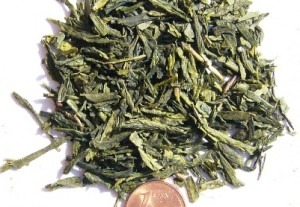
In order to meet the new requirements of sample preparation, Fritsch supplied the Planetary Micro Mill Pulverisette 7 for a customer that wanted to grind finer tea.
The grinding set consisted of zirconium-oxide grinding bowls with 15mm-diameter grinding balls.
Experience has shown positive results when zirconium oxide is used, as the grinding material for the preparation of plant samples and the chemical contents of zirconium oxide does not alter the analysis results.
Fritsch also comminuted customers' samples - this time with black and green tea - with the Planetary Micro Mill Pulverisette 7 premium line.
Again, the company used a 45ml zirconium-oxide grinding bowl and 15mm grinding balls.
Immediately after opening the grinding bowls, the temperature was taken and the values were slightly less than 40C.
With other Planetary Ball Mills from Fritsch's product line in similar conditions, comparable results can be achieved.
In order to gather the quantifiable difference between these two mill types, the green tea was comminuted parallel to the above test with the Variable Speed Rotor Mill Pulverisette 14 using a 0.08mm sieve.
With rotor and centrifugal mills, a sieve defines the final fineness.
Hence, a reference point for the particle-size distribution for samples prepared in this manner exists.
The determination of the particle-size distribution with the Fritsch Laser Particle Sizer Analysette 22 Microtec plus clearly shows a different picture.
All samples were measured in water.
Both distributions are secured with three measurements in chronological order.
There are no drifts of the measuring values over time.
Tea can therefore be measured with those dispersion conditions.
Detailed information about these topics is contained within the Molinia report.
In conclusion, plant samples such as different kinds of tea can clearly be ground finer with planetary mills than with a Variable Speed Rotor Mill.





